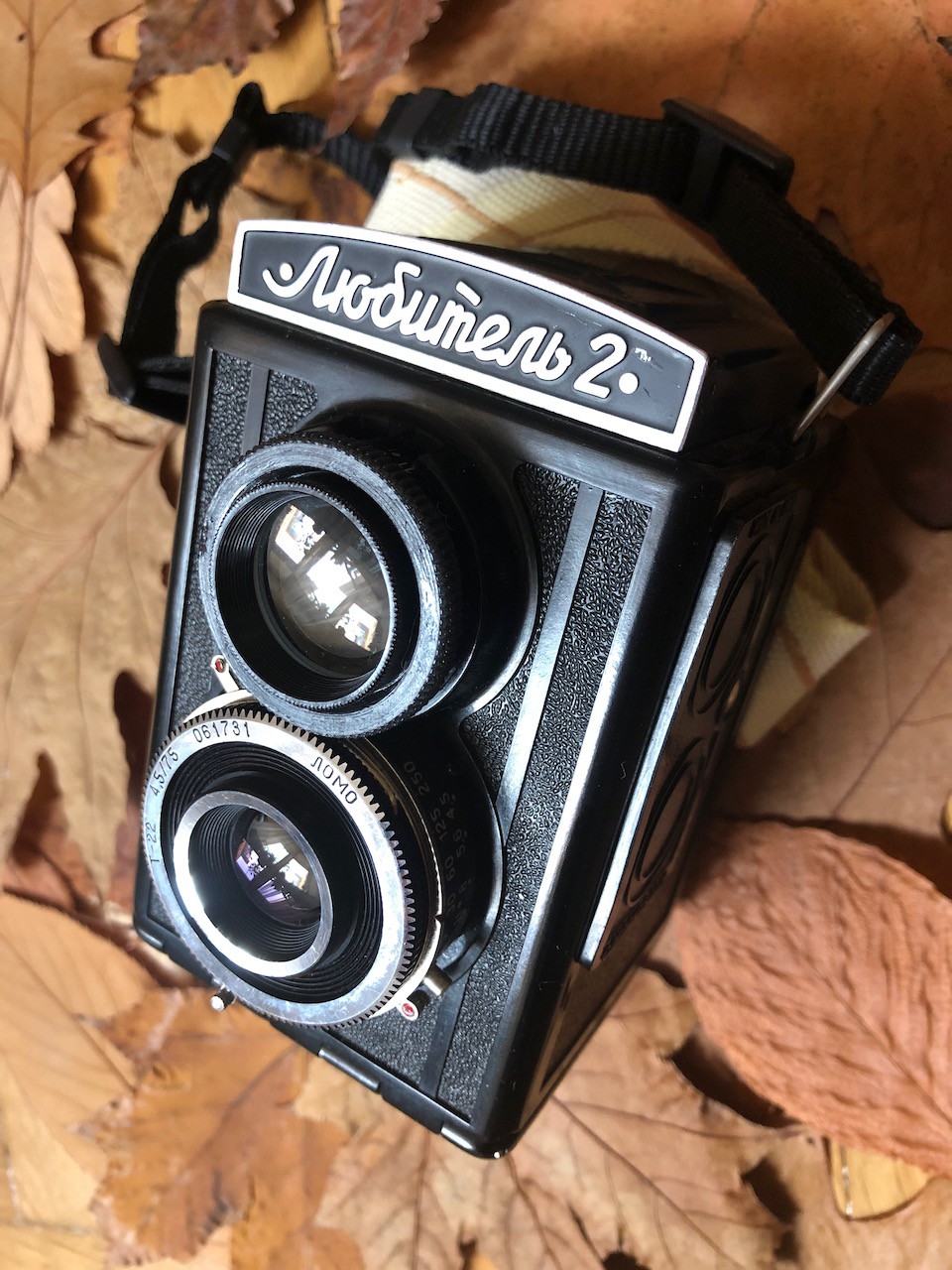As I mentioned earlier, there is an issue with most of the Lubitel cameras that I handled. According to my own experience, all of the models (i.e., Lubitel, Lubitel-2, Lubitel-166) are affected. The issue lies in the viewing lens (the top one) and manifests itself in enormous backlash of the screw thread. Basically, the lens jumps back and forth and from side to side instead of smooth turning and sliding. This makes focusing practically useless –you never know on what point you've actually focused the camera.
Having observed this problem consistently with cameras of different ages and conditions, I concluded that the reason is not in the design of camera, nor is it due to abusive handling. I stuck with my little "investigation" until I noticed one significant detail: the top lens has a rim made of aluminum, which turns in a brass nut molded into the Bakelite of the camera body. As far as I know, brass is a very stable material and doesn't change properties over time. Aluminum, by contrast, is affected by ageing. Without alloying additives or applying special treatments, things made of aluminum shrink over time. Taking into account that most existing Lubitel cameras were made during the Soviet Era, they are pretty old now and have had enough time for this kind of metal degradation to develop. How much can they shrink over time? I don't know exactly, but my later experiments showed that 0.05 mm reduction in the outer diameter of the lens screw thread is enough to create enormous backlash.
How to solve the issue? I know for sure that aluminum products can be stretched a bit, but the procedure requires industrial equipment. I decided to leverage 3D printing, and I set a goal of developing a replacement lens rim that can be printed with a conventional printer.

Discussions
Become a Hackaday.io Member
Create an account to leave a comment. Already have an account? Log In.